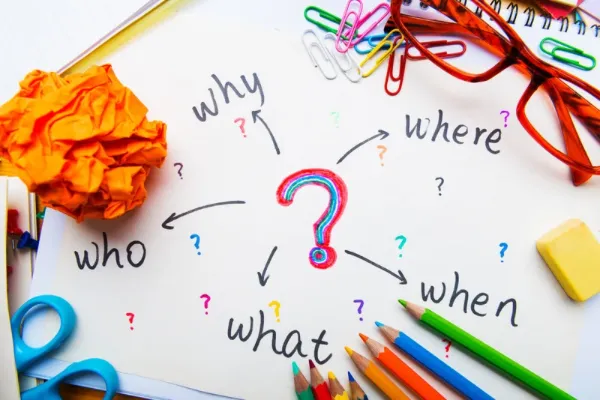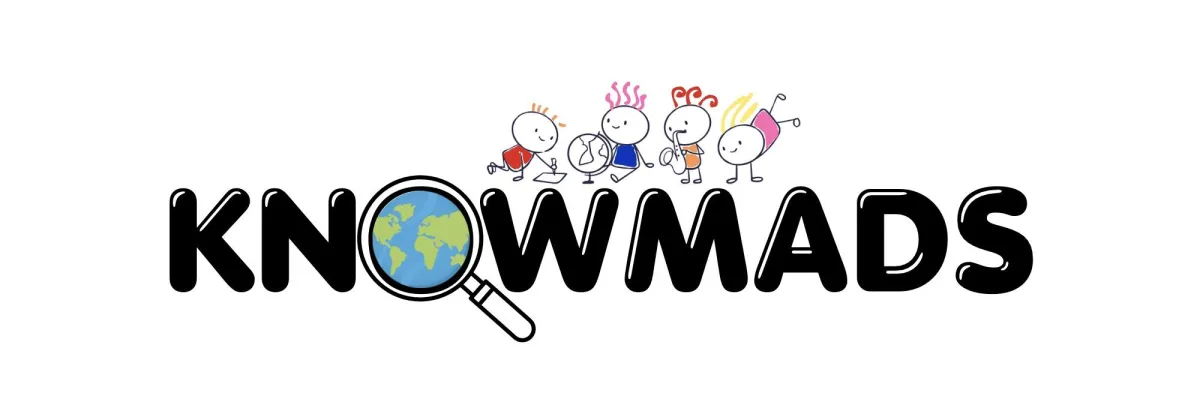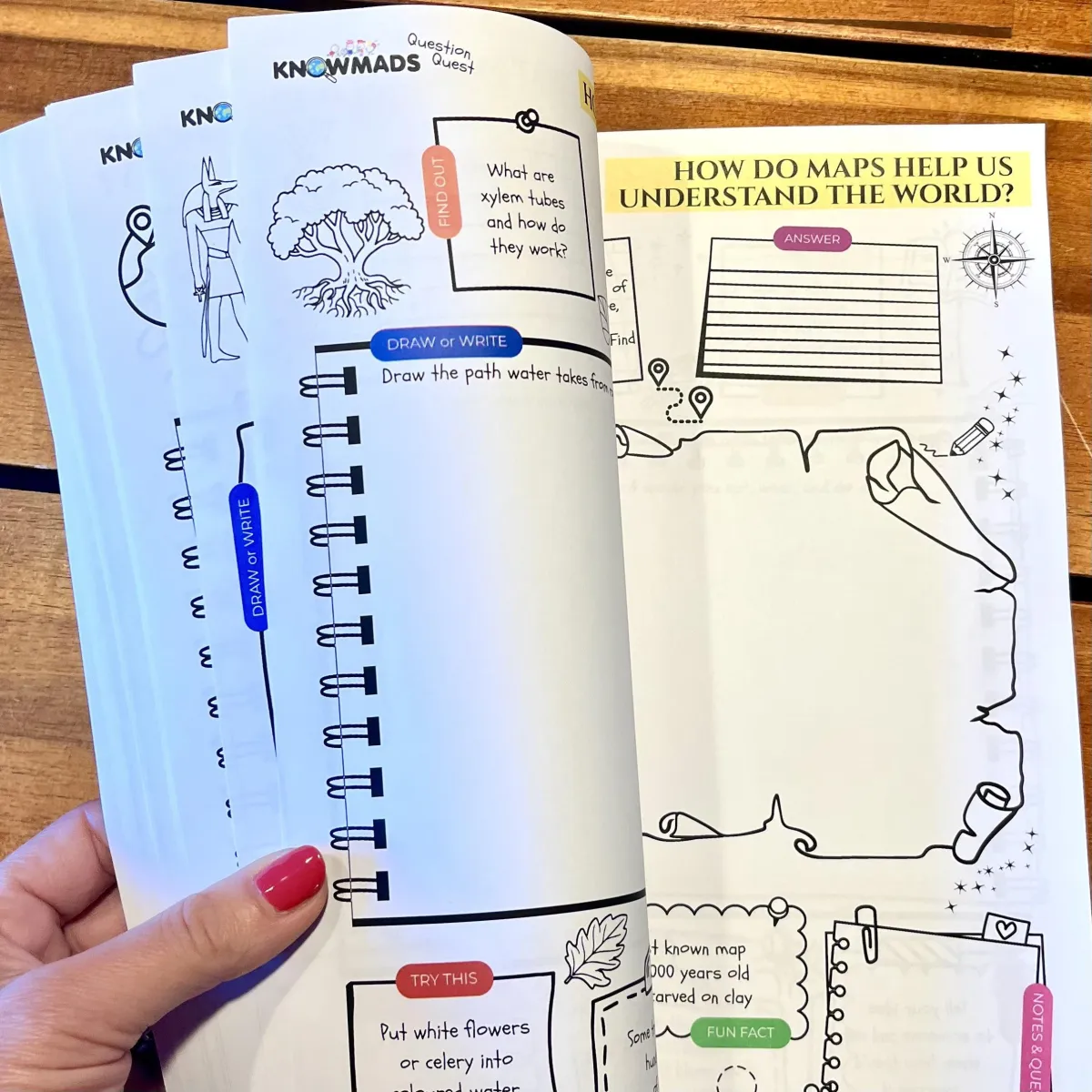
The Power of a Good Question – Why Big Questions Lead to Big Learning
“Why is the sky blue?”
“Why is 'w' called double-u and not double-v?”
“Who was the first human ever? And how did they get there?”
If you’ve been home-educating for more than five minutes, you’ve probably heard a version of one of these from your child. Sometimes at 9:30 in the morning, sometimes at bedtime when you were just about to switch your brain off. And as frustrating as that can be (especially the bedtime ones), I’ve come to believe something simple but powerful:
A good question is worth more than a perfect lesson plan.
In fact, I’d go so far as to say that big, open-ended questions are the best starting point for meaningful learning — the kind that actually sticks. The kind that keeps your child thinking, exploring, building, wondering, and coming back for more.
Big Learning Starts With Big Wonder
In our home-ed journey, the most memorable learning moments haven’t come from ticking off pages in a workbook. They’ve come from those unexpected, curious rabbit holes that start with a single question.
Like the time one of my sons asked, “Why did Egyptians worship cats?”
That one question sparked a whole week of Ancient Egypt exploration: we read stories and myths, built pyramids out of sugar cubes, made flatbread, watched documentaries, turned the living room into a tomb (complete with a stuffed-animal mummy), and even made papyrus and tried writing our names in hieroglyphs.
We didn’t plan it. We just followed the question.
And it’s not just history. A question like “Why do we yawn?” can lead you into biology (nervous system, sleep cycles), psychology (is yawning contagious?), and even art (try drawing a giant yawning face — it’s strangely therapeutic).
“Can animals feel embarrassed?” turns into a conversation about emotions, brain function, ethics, and animal behaviour.
“What makes someone brave?” opens the door to philosophy, literature, hero myths, personal reflection — and possibly dressing up as a knight. Just saying.
Why Questions Matter More Than Answers
We often think our job as parents or educators is to have the answers. But actually, one of the most powerful things we can do is lean into the questions — especially the ones without easy solutions.
Good questions invite conversation. They make space for critical thinking. They lead to more questions. They grow your child’s ability to observe, wonder, imagine and reason.
They don’t just teach facts.
They develop thinkers.
And isn’t that what we really want?
How to Start Using Questions in Your Day
You don’t need to be Socrates to bring big questions into your home-ed. Here are a few gentle ways to start:
Notice and celebrate natural curiosity
If your child asks something unexpected, pause before answering. Say, “Ooh, that’s a good question… What do you think?” Then explore it together.
Use stories as springboards
After reading a book, ask: What would you have done? Why do you think that happened? How would you feel if you lived in that time/place?
Make it visual and hands-on
Turn a question into a project: draw it, build it, act it out. If they ask about volcanoes, build one. If they ask about the stars, stargaze and sketch constellations.
Create a ‘Wonder Wall’
Set up a space to collect curious questions — written on post-its, scribbled in a notebook, or dropped into a jar. On slow days, pull one out and explore it.
Model your own curiosity
Let your kids see you wondering aloud. “I’ve always wondered why…” shows them that grown-ups don’t have all the answers either—and that asking is part of learning, at every age.
Let the Questions Lead
In home education, it’s easy to worry about gaps. About covering everything. About doing “enough.” But sometimes, the best thing we can do is pause the plan and follow the wonder. Because a single good question can cover more learning than a whole week of worksheets.
So next time your child throws out a “random” question mid-morning, mid-banana, or mid-meltdown… try this:
Stop.
Smile.
And say, “That’s such a great question — let’s find out."


